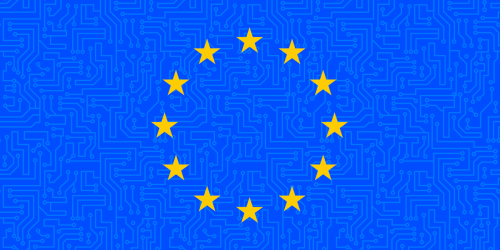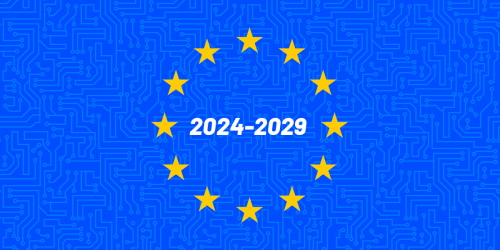Call it the Universal Law of Bad Laws: the more problematic a proposed
piece of legislation is, the keener its advocates are to rush it through. When
that happens, it's often those in the system who call for delay that saves us
all from its unintended consequences.
Praise, then, is due then for
href="http://en.wikipedia.org/wiki/Nicola_Zingaretti">Nicola Zingaretti,
the Italian Member of European Parliament (MEP) responsible for guiding the
dangerous Second Intellectual Property Enforcement Directive (
href="http://www.ipred.org/">IPRED2) through the
href="http://en.wikipedia.org/wiki/European_Parliament">European
Parliament. Zingaretti called last week for another delay in a key vote by
the EU's Committee on Legal Affairs (
href="http://www.europarl.europa.eu/committees/juri_home_en.htm">JURI),
originally scheduled for today.
Zingaretti's postponement of the vote (his third) shows the complexity and
the growing contentiousness of the directive, first proposed by the European
Commission in 2005.
Even after several months of negotiations, MEPs cannot agree its core
concept
- defining when behavior is on a "commercial scale" and therefore subject to
the draft's harsh criminal penalties - and are taking a closer look at how
the directive would affect consumers. That's a welcome development, although
disconcerting that it is taking place so perilously close to the final key
vote.
The good news is that Zingaretti's postponement gives everyone a
much-needed three week window to ponder the dangers of the directive.
Among those who might like to reconsider are its current supporters on the
committee: who, it transpires, may have turned themselves into IP criminals by
the very amendments that they've proposed - including the removal of the key
"commercial scale" limitation that was intended to exclude consumers and
legitimate businesses from the directive's scope.






